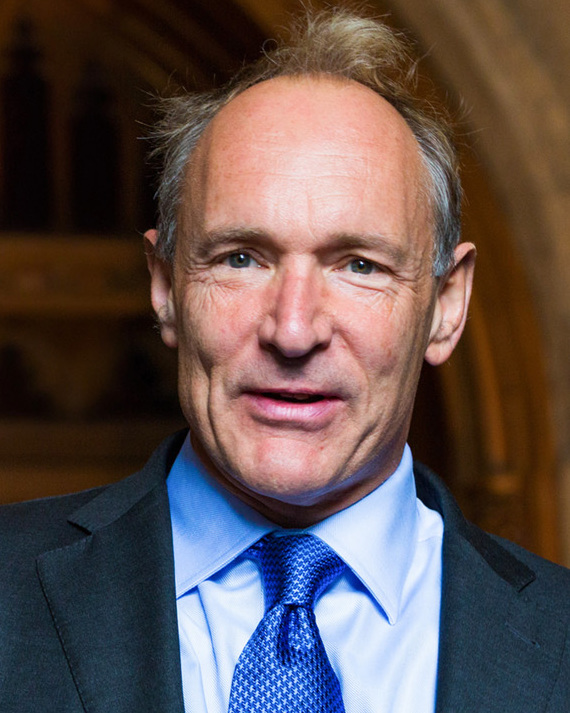In the article, Lee mention that governments have been monitoring people's online habits. Governments and service providers are still taking the data from users. You can see this from the various advertisements that are given to you based on your search history and/or offhand comments in real life. Additionally, governments currently hold a lot of information about the people in their country. This isn't always a bad thing - for example, when terror attacks was an issue, the government was able to stop several attacks or crimes before they happened due to their ability to track people's search and personal histories. Of course, this is still a very scary thing to think about, especially if you were to make an offhanded remark about something. On the same vein, Lee wrote about Google accusing China of hacking and taking their data. This is something that is still happening today. The clashes between governments and countries due to potential hacking or data breaches is an incredibly deep topic, from Facebook's 2018 data breach that shot social networking companies and the information they hold up to the public eye to the fact that Russia had interfered with the 2016 presidential election. Many of the problems that Lee probably had hoped would go away, haven't.
This leads me to my other point. A lot of what Lee had mentioned in his article has changed. Something that stood out to me in this article is that Lee says 'Each site is like a silo, walled off from others. Yes, your site's page is on the web, but your data is not.' The ways this has changed is kind of funny. So much data is on the web now, and once it is on, it is near impossible to get it off. I bring us back to the topic of the Facebook data breach. This data is on the site's database and the database might be 'private' and 'secure', but is it really? There were ways to get it, and that realization played a big part in how the breach was such a big deal. Adding on to that, each site collects cookies, which are little bits of your data. This data is then shared with other companies (mostly advertisers) so your 'private data', might really not be so private.

Another point that Lee brings up is how the Internet should be easily accessible to the public. He mentions how everyone should have access to the internet and how it is the people who control where the internet will go in the future. He adds on to this by mentioning how amazing it would be to have free bandwidth everywhere in the world and how that would make it possible to improve on the situations on third world countries, from improving education, to health and economy. Sadly, even in 10 years, this dream has not become a reality, although it could've and should've. The fact is, corporations and governments really only think about themselves. Take Jeff Bezos, for example, if he were to donate only a portion of his wealth, world hunger could theoretically be solved by now, but guess what? It isn't. Lee probably didn't think about the greed and self-serving attitudes of the corporations when he wrote his article. Or possibly, he did, and he just wanted to ignore it and have hope for the future.

